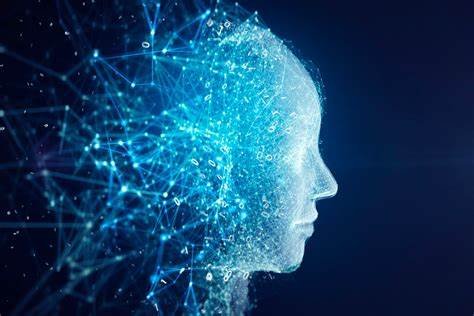Artificial Intelligence (AI) has been a buzzword for decades, but what exactly is it? Is it sentient robots, self-aware machines, or something else entirely? Let’s dive into the depths of AI and explore its intricacies.
How AI Works: The Secret Octopus
Imagine an AI system as a hyper-intelligent deep-sea octopus. It doesn’t “know” anything, but it excels at detecting and continuing patterns. Just like our octopus friend sitting on a telegraph wire, it observes dots and dashes without understanding language. Over time, it learns patterns so well that it can even carry on conversations convincingly, despite having no concept of humanity or words.
What AI Can (and Can’t) Do
AI isn’t magic; it’s software that approximates human thinking. It’s not better or worse than human intelligence, but it can be useful for specific tasks. AI models predict the most likely next step in a pattern, but they don’t truly “learn.” They’re pattern detectors, not sentient beings. So, no, your AI-powered chatbot isn’t secretly plotting world domination
The Perils of Training Data
Training AI models require vast amounts of data. But here’s the catch: if the training data is biased or flawed, the AI will inherit those biases. Imagine an octopus learning from a polluted ocean—it might mimic harmful behaviors. Similarly, biased training data can lead to biased AI decisions, affecting everything from hiring algorithms to criminal justice systems.
The Art of Language Models
Large language models (LLMs) are like our octopus, mapping out language patterns. They don’t understand words; they mathematically encode patterns from billions of articles and transcripts. ChatGPT, for instance, exhaustively maps language without comprehension. It’s a linguistic cartographer, not a poet. Training these models involves complex multidimensional mapping, resulting in eerily realistic text generation.
AGI: The Apocalypse or Utopia?
Artificial General Intelligence (AGI) is the hypothetical AI that could outperform humans across all tasks. Will it take over the world? Probably not. AGI remains elusive, and its development is uncertain. But if it ever arrives, we’ll need safeguards to prevent octopuses—or AGIs—from wreaking havoc. Responsible research and ethical guidelines are our best defense.
Conclusion
AI isn’t a mythical beast; it’s a tool we wield. Understanding its limitations, biases, and potential is crucial. So next time you encounter an AI-powered recommendation or chatbot, remember the secret octopus behind the scenes, tirelessly detecting patterns in the digital depths. 🐙🤖









